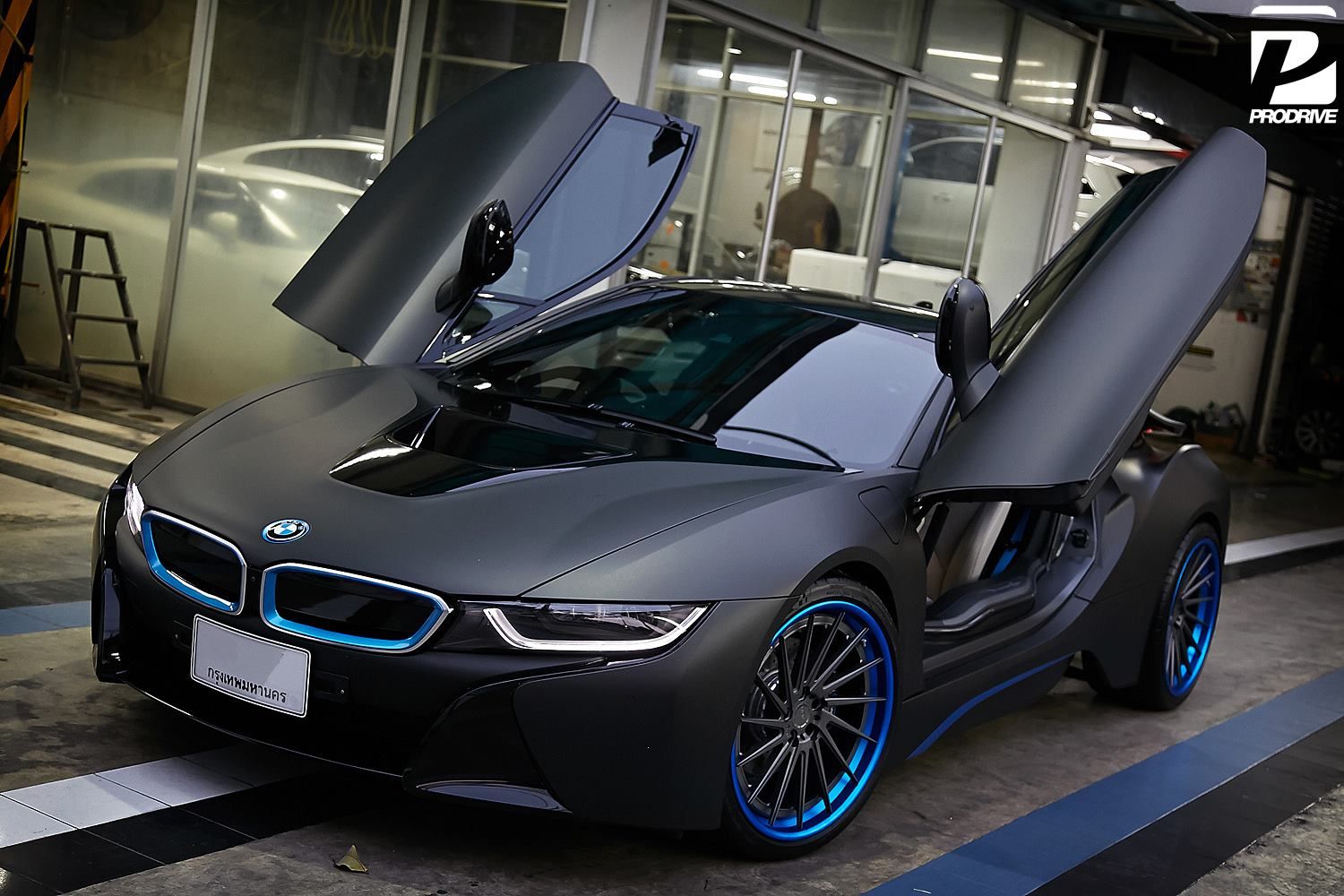And those on "the other side" are told this is not a debate forum. But many have clocked in with "over my dead body" so at least the voting part isn't all one-sided.There's a weird debate going on here - everybody is on the same side of the argument.
I've been driving electric for over a decade, with occasional ICE rentals for road trips. Done some longer trips with my Chevy Bolt, and had a couple of uh-oh moments with broken or unavailable chargers, but for in town it can't be beat. It was tougher to do longer drives in my 2012 LEAF with its comparatively tiny range. In warm weather without highway speeds, the Bolt now gets well over 300 miles on a 90% charge. Could break 350 with a full charge.
By the time my 2018 Bolt (with upgraded 2022 battery due to recall) needs replacement, there should be a wealth of small, "inexpensive" electric cars available, notwithstanding the Tesla-led trend toward bigger, upscale-priced electric vehicles. I'm glad to see Volvo is headed this way with the EX30.





